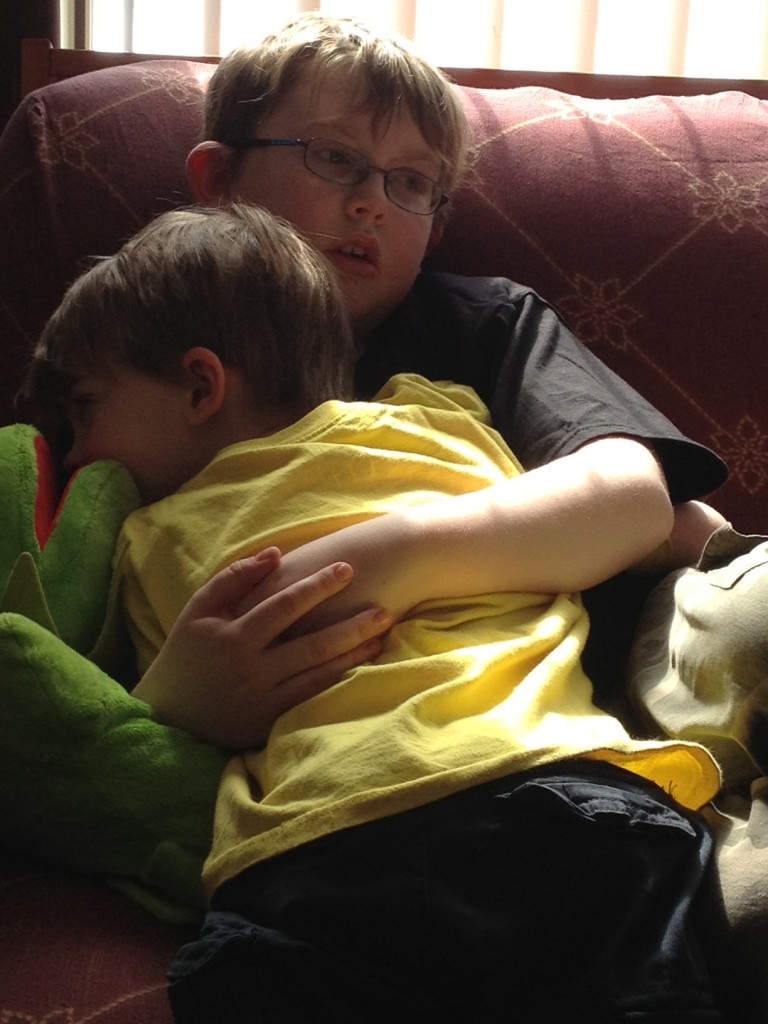 Ancient History, Sex Ed
Ancient History, Sex Ed  No Comments
No Comments Playing Along
This post will be a jumble of thoughts because I can’t cope with the flood of memories too long held back. Strangely, it comes mainly from a place of gratitude because somehow I’ve escaped most of the everyday horrors that seem to be the price of admission for a woman living on this planet. And I say that in all honesty, despite the record of abuse, rape, and fear that mark my calendar of years.
Since my preschool years, most of my friends were boys because they wanted to play the games I wanted to play. Yeah, I wanted to be Princess Leia and Wilma Deering, but that’s because they shot the best. I also liked pretty dresses and fancy hair and Princess Diana and porcelain dolls. I was a girl who played with boys, and that has stayed true until this day.
When I was raped in high school, the camaraderie of boys became my refuge as well as my comfort zone. If I was surrounded by boys who thought of me as “one of them”, I didn’t have to fear that they would think of me sexually. I knew some of those friends would’ve liked to date me; I even kissed a few late in my high school career.
But to this day, I don’t know how many of them really thought of me as a girl. I do know that, if one of them got dumped by one of my girl friends, I was on the list of people who was invited over sometimes to witness the tribal mourning ritual they carried out. I didn’t understand why amateur piercings, and running in the snow in their boxer shorts was helpful; drinking bad liquor and listening to the Smiths were more understandable. I still hold my admission to those events in a special warm space in my heart. It felt like inclusion.
But that inclusion also took me to scary, awkward places sometimes. One night, walking on campus after a late play rehearsal, one of the guys led a pretend “campus tour”, pointing out the best places to rape a girl. Everyone joked about how to pick the right victim. A jogger with elastic pants, but not running tights because they’re too clingy and get tangled; a hippie girl with flowing skirts. Skirts like I wore. Everyone was laughing and tossing in ideas and playing along.
Including me.
See, I had ideas about where would be good places to drag a girl to hurt her on that campus. It’s because I walked home from that campus after play practice every night that spring. And the spring before. And the spring after. I walked as my knees shook and my teeth rattled. I walked fast, as fast as I could without sprinting.
And I made jokes, made suggestions, played along, as my heart clutched in my chest and bile rose in my throat. I blushed at the lavish praise and laughter the boys gave me for my witty cracks and horrible, horrible words.
Because it meant they didn’t know I’d been raped.
If they’d known, everything would’ve changed. I couldn’t have been one of the boys anymore. They would’ve had to think of me “That Way”. Not as one of the “safe girls”, but as a sexual body capable of being violated. Not as tall and strong and flexible, but as weak and vulnerable and overpowerable. Not as someone worth knowing, but someone worth avoiding. Shameful. Questionable. To be avoided.
So I played along. I thought of that walk many times when I was on my own campuses at night—as an undergrad, as a foreign student, as a teacher. I feel at home on college campuses; they’re home terrain to me. But when I see space between street lamps, or gauge the distance to a blue phone, or spy a particularly overgrown row of hedges, I think back to that game and wonder how many other boys have noticed those things, pointed them out to other boys with laughter.
And how many other girls have seen them too, and marked them bright in their mental maps: “Danger. Don’t go there.”

 But the Virginia variant is the first of which I’ve heard that requires an ultrasound performed not by swooshing the wand around in a schmear of goo on the abdomen (transabdominal ultrasound, or TAU), but by inserting a hard plastic probe several inches into the woman’s vagina (transvaginal ultrasound, or TVU).
But the Virginia variant is the first of which I’ve heard that requires an ultrasound performed not by swooshing the wand around in a schmear of goo on the abdomen (transabdominal ultrasound, or TAU), but by inserting a hard plastic probe several inches into the woman’s vagina (transvaginal ultrasound, or TVU). The American College of Radiology and the Radiological Society of North America say that TVU can be useful in early pregnancy; TVU can detect a pregnancy as early as 30 days’ gestation
The American College of Radiology and the Radiological Society of North America say that TVU can be useful in early pregnancy; TVU can detect a pregnancy as early as 30 days’ gestation 